Home>diy>Architecture & Design>Who Can Design A House In Virginia
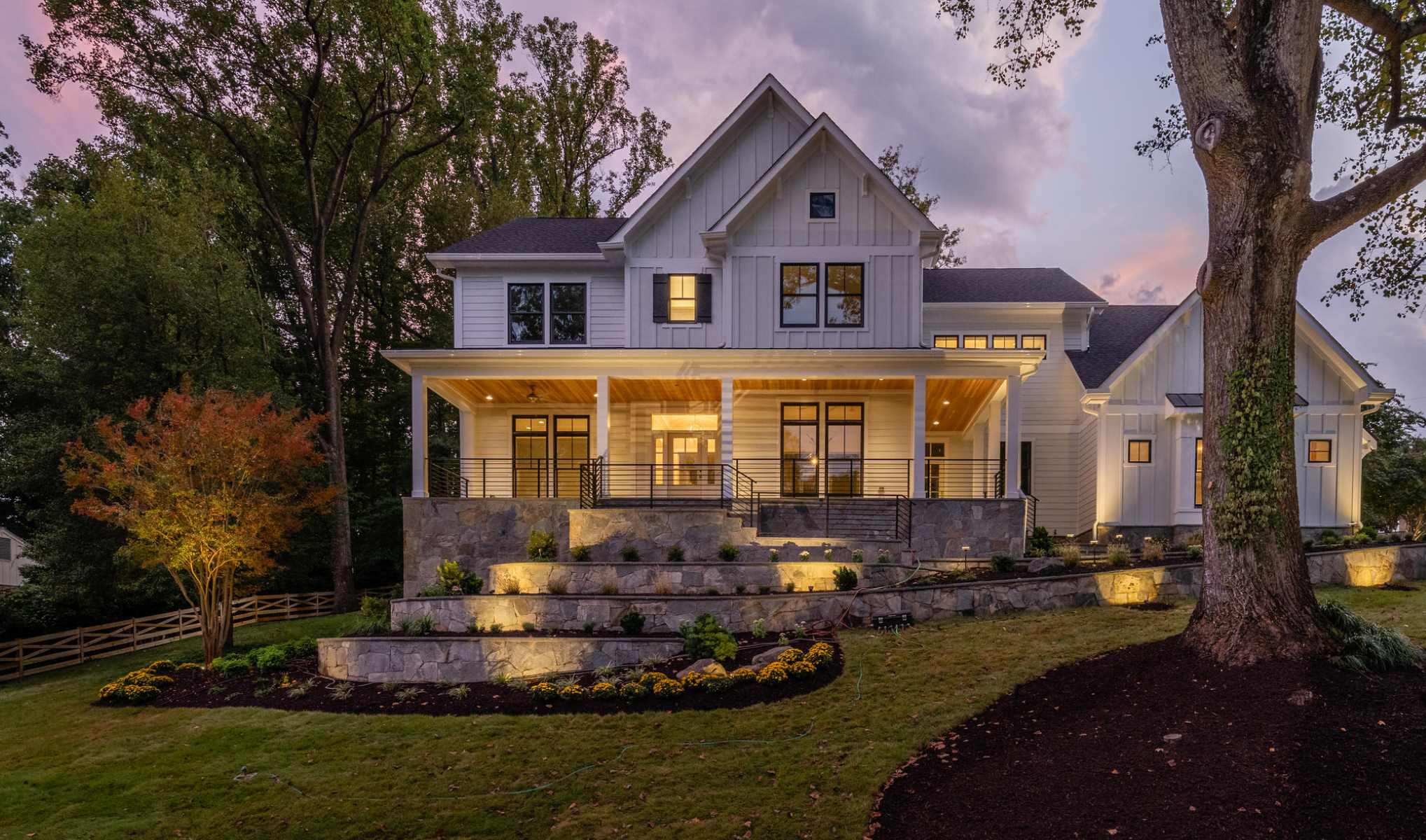

Architecture & Design
Who Can Design A House In Virginia
Modified: August 20, 2024
Looking for professional architecture design services for your house in Virginia? Let our skilled team of experts bring your dream home to life with their innovative designs and expertise.
(Many of the links in this article redirect to a specific reviewed product. Your purchase of these products through affiliate links helps to generate commission for Storables.com, at no extra cost. Learn more)
Introduction
In the field of architecture and design, creating a beautiful and functional house requires a talented team of professionals. From architects to interior designers, residential designers to general contractors, there are various experts who play a crucial role in the house design process. If you’re planning to build or renovate a house in Virginia, it’s important to understand the different professionals involved and their roles. Let’s explore who can design a house in Virginia and how they contribute to the overall design and construction process.
Virginia is known for its diverse architectural styles, ranging from historic Colonial and Georgian homes to modern and contemporary designs. Whether you’re looking for a traditional or avant-garde design, there are professionals who specialize in creating spaces that meet your aesthetic preferences and functional needs.
Let’s take a closer look at the key players in house design:
Key Takeaways:
- In Virginia, designing a house involves a team of experts like architects, interior designers, and residential designers. They work together to create functional and beautiful spaces that reflect the client’s style and needs.
- General contractors and design-build firms play crucial roles in bringing the design to life through effective construction management and integrated design and construction processes. Their collaboration ensures a seamless and efficient project execution.
Read more: Who Can Design A House In Massachusetts
Architects
Architects are the backbone of any house design project. With their expertise in both the technical and artistic aspects of design, architects can turn your vision into a reality. In Virginia, architects are regulated by the Virginia Board for Architects, Professional Engineers, Land Surveyors, Certified Interior Designers and Landscape Architects. They must be licensed to practice and adhere to professional standards.
When it comes to designing a house, architects take into consideration various factors, such as the site, climate, budget, and the client’s preferences. They work closely with clients to understand their needs and desires, and then translate those into architectural plans. These plans include detailed drawings, specifications, and documents that outline the design, materials, and construction methods.
Architects are responsible for designing the overall layout and structure of the house. They consider the flow of spaces, the placement of rooms, and the integration of structural elements. They also incorporate sustainable design principles to maximize energy efficiency and reduce environmental impact.
In addition to the technical aspects, architects also pay attention to aesthetics. They create visually appealing designs that reflect the client’s style and preferences. Whether it’s a modern, minimalist design or a heritage-inspired home, architects have the expertise to bring your vision to life.
Furthermore, architects collaborate with other professionals, such as engineers and interior designers, to ensure that the design meets all functional requirements. They oversee the construction process and work closely with contractors to ensure that the design is implemented accurately.
Overall, architects play a vital role in designing a house in Virginia. Their expertise in both the technical and artistic aspects of design, as well as their understanding of building codes and regulations, make them an essential part of the house design process.
Interior Designers
While architects focus on the overall design and structure of a house, interior designers specialize in creating beautiful and functional interior spaces. In Virginia, interior designers are not required to be licensed, but many professionals choose to pursue certifications or join industry associations to showcase their expertise and professionalism.
Interior designers collaborate closely with clients to understand their lifestyle, preferences, and budget. They combine aesthetics and functionality to create cohesive and inviting interior spaces that reflect the client’s personality and style. Whether it’s designing the layout of a kitchen, selecting furniture and finishes, or creating a color scheme, interior designers approach every detail with careful consideration.
One of the key roles of interior designers is to optimize the use of space. They ensure that each room has a purpose and that the flow between spaces is logical and efficient. They consider factors such as furniture placement, traffic patterns, and the integration of storage solutions.
In addition to space planning, interior designers also focus on the selection of materials, finishes, and furnishings. They have an extensive knowledge of different materials and their characteristics, which allows them to make informed decisions based on the client’s needs and preferences.
Interior designers are also well-versed in the principles of color theory and lighting design. They carefully choose colors that create the desired atmosphere and enhance the overall design concept. They also consider the placement of lighting fixtures to ensure that each space is adequately illuminated.
Furthermore, interior designers often collaborate with architects and contractors to ensure that the interior design is integrated seamlessly with the overall architectural design. They provide detailed drawings and specifications for construction, and they oversee the installation and arrangement of furniture and accessories.
Overall, interior designers bring a unique perspective to house design in Virginia. They focus on creating functional and aesthetically pleasing interior spaces that enhance the overall design concept. Whether it’s selecting finishes, choosing furniture, or creating a color scheme, interior designers have the knowledge and expertise to transform a house into a beautiful and welcoming home.
Residential Designers
Residential designers, also known as home designers or house designers, specialize in creating custom residential designs. They are not required to be licensed in Virginia, but many professionals in this field have extensive experience and a portfolio of successful projects.
Residential designers focus specifically on the design and layout of homes. They work closely with clients to understand their needs, preferences, and budget, and then translate those into functional and visually appealing designs. Whether you’re looking to build a new home or remodel an existing one, residential designers can help bring your vision to life.
One of the primary roles of residential designers is to create thoughtful and efficient floor plans. They analyze the site and consider factors such as orientation, views, and topography to optimize the layout of the house. They also take into account the client’s lifestyle and specific needs, such as the number of bedrooms, bathrooms, and common areas.
Residential designers pay attention to the flow and connectivity of spaces. They ensure that there is a logical and seamless transition between rooms, creating a harmonious and functional living environment. They also consider factors such as natural light, ventilation, and privacy to enhance the overall livability of the house.
In addition to the layout, residential designers also focus on the architectural details and elements that give character to the home. They select materials, finishes, and architectural features that complement the overall design concept and reflect the client’s style. This includes elements such as roof design, exterior façade, windows, doors, and trim work.
Furthermore, residential designers stay up-to-date with the latest trends and innovations in the field of residential design. They are knowledgeable about sustainable design practices and can integrate energy-efficient features and green building materials into the design. They also consider accessibility requirements and aging-in-place design principles to ensure that the design is inclusive and adaptable.
Overall, residential designers bring a specialized focus to house design in Virginia. With their expertise in creating functional and aesthetically pleasing residential spaces, they can help you achieve your dream home while considering your specific needs and preferences.
When looking for someone to design a house in Virginia, make sure to find a licensed architect or a professional building designer who has experience working in the state and is familiar with local building codes and regulations.
Building Designers
Building designers, also known as building design professionals or drafters, specialize in creating detailed construction drawings and plans for residential and commercial buildings. They are not required to be licensed in Virginia, but many professionals in this field have formal training and experience in architectural drafting.
Building designers work closely with architects and other professionals involved in the construction process to create accurate and detailed drawings. They translate the architect’s design concept into technical drawings that include dimensions, specifications, and other relevant information required for construction.
One of the key roles of building designers is to create architectural plans that comply with building codes and regulations. They have a thorough understanding of the local building codes in Virginia and ensure that the design meets all safety and structural requirements. They work closely with architects and engineers to address any potential issues or challenges that may arise during the construction phase.
Building designers are proficient in computer-aided design (CAD) software, which allows them to create accurate and precise drawings. They use CAD tools to produce detailed floor plans, elevation drawings, sections, and construction details. They also incorporate any changes or modifications requested by the client or other professionals involved in the project.
In addition to creating construction drawings, building designers also assist in the selection of building materials and finishes. They have knowledge of different construction materials and their properties, and they can provide recommendations based on the client’s budget and design requirements.
Building designers play a crucial role in coordinating with other professionals involved in the construction process. They collaborate with architects, engineers, interior designers, and contractors to ensure that the design is implemented accurately and according to the client’s specifications.
Overall, building designers are essential in the house design process, as they bridge the gap between architectural design and actual construction. With their technical expertise and attention to detail, they contribute to the successful realization of a well-designed and structurally sound building in Virginia.
Read more: Who Can Design A Passive Solar House
General Contractors
General contractors, often referred to as builders or construction managers, play a crucial role in the house design and construction process. They oversee the entire construction project, ensuring that the design is implemented effectively, and that the construction is carried out according to local building codes and regulations.
In Virginia, general contractors are required to hold a valid contractor’s license issued by the Virginia Department of Professional and Occupational Regulation (DPOR). They are responsible for the overall management of the construction site, including coordinating subcontractors, scheduling, budgeting, and ensuring the quality of work.
General contractors work closely with architects, designers, and other professionals to understand the design intent and ensure its successful execution. They interpret the architectural plans and coordinate the various trades involved in the construction process, such as electricians, plumbers, carpenters, and HVAC technicians.
One of the primary responsibilities of general contractors is to manage the construction timeline and budget. They create a schedule that outlines the sequential order of construction activities and coordinate the delivery of materials and equipment. They also monitor the project budget and ensure that costs are kept within the allocated budget.
General contractors are responsible for ensuring that the construction work is carried out in compliance with building codes and regulations. They obtain the necessary permits and inspections from local authorities and ensure that all work meets the required standards of quality and safety.
In addition to managing the construction process, general contractors also play a significant role in communication and coordination with the client. They serve as the main point of contact for the client, providing regular updates on the progress of the project and addressing any concerns or changes that may arise during the construction phase.
Furthermore, general contractors oversee the coordination of various subcontractors on the construction site. They ensure that each trade works together harmoniously and that the project is completed on schedule and to the desired level of quality.
Overall, general contractors are essential in the house design and construction process. They bring the design to life, managing all aspects of the construction project and ensuring that the final result aligns with the client’s vision and meets all required standards.
Design-Build Firms
Design-build firms offer a unique approach to house design and construction by combining the expertise of both design professionals and general contractors. These firms provide a comprehensive and streamlined process, managing all aspects of the project, from conceptual design to construction completion.
In Virginia, design-build firms are becoming increasingly popular as they offer a single point of contact for clients, simplifying the communication and coordination processes. They bring together a team of architects, interior designers, engineers, and contractors under one roof, ensuring that the design and construction are seamlessly integrated.
One of the key advantages of design-build firms is the collaborative nature of their approach. Designers and contractors work closely together from the beginning, allowing for better communication, problem-solving, and efficiency throughout the project. This integrated approach fosters creativity, innovation, and better decision-making, resulting in a more cohesive and harmonious final design.
Design-build firms prioritize a holistic approach to house design, considering both the aesthetic and functional aspects of the project. They work closely with clients to understand their needs, vision, and budget, and create a design that aligns with their preferences and lifestyle. This integrated approach ensures that the design meets not only the client’s expectations but also the technical and construction requirements.
Design-build firms take responsibility for the entire project, from the initial design concept to final construction. They manage all aspects of the project, including obtaining permits, coordinating subcontractors, and overseeing the construction process. This comprehensive approach minimizes potential conflicts and delays, resulting in a more efficient and streamlined construction process.
Moreover, design-build firms offer a single contract and point of accountability for the entire project. This simplifies the process for clients, as they only need to communicate with one entity throughout the design and construction phases. It also provides cost transparency and allows for better control over the project budget.
Overall, design-build firms provide a seamless and integrated approach to house design and construction in Virginia. By combining the expertise of design professionals and general contractors, they create a collaborative environment that prioritizes communication, efficiency, and client satisfaction. This approach results in a well-designed and professionally executed project, with a smoother construction process and enhanced overall value.
Conclusion
Designing a house requires a talented and knowledgeable team of professionals who work together to bring your vision to life. In Virginia, there are various experts who can contribute to the design and construction process, each with their own specialized skills and expertise.
Architects are the masterminds behind the overall design and structure of a house. Their understanding of both the technical and artistic aspects of design enables them to create functional and visually pleasing spaces that meet the client’s needs and preferences. They work closely with clients, incorporating their vision while considering factors such as site conditions, climate, and sustainability.
Interior designers focus on creating beautiful and functional interior spaces. They collaborate with clients to understand their lifestyle and design preferences, and then translate those into cohesive and inviting interiors. They consider factors such as space planning, color theory, and lighting design to create aesthetically pleasing and livable spaces.
Residential designers specialize in designing custom homes that meet the unique needs and preferences of the client. They focus on creating functional floor plans, considering factors such as site orientation and the client’s lifestyle. Their expertise lies in optimizing space usage and selecting architectural details that reflect the client’s style.
Building designers play a critical role in translating architectural designs into detailed construction drawings. They ensure that designs comply with building codes and regulations and create accurate plans for contractors to follow. Their technical expertise and attention to detail contribute to the successful execution of the design.
General contractors are responsible for the overall management and coordination of the construction process. They work closely with architects, designers, and subcontractors to ensure that the design is implemented accurately and within the allocated budget. General contractors hold the project together and ensure that the construction work meets all necessary standards.
Design-build firms provide a comprehensive approach to house design and construction. With a team of design professionals and general contractors working together, they offer a streamlined process from start to finish. Their integrated approach ensures that the design is seamlessly executed during construction, resulting in a more efficient and cohesive project.
In conclusion, designing a house in Virginia requires the expertise of architects, interior designers, residential designers, building designers, general contractors, and design-build firms. Each professional plays a critical role in the successful execution of the project, bringing their unique skills and expertise to create a home that meets your needs, preferences, and budget. By understanding the roles and responsibilities of these professionals, you can assemble the right team to bring your dream house to life.
Frequently Asked Questions about Who Can Design A House In Virginia
Was this page helpful?
At Storables.com, we guarantee accurate and reliable information. Our content, validated by Expert Board Contributors, is crafted following stringent Editorial Policies. We're committed to providing you with well-researched, expert-backed insights for all your informational needs.
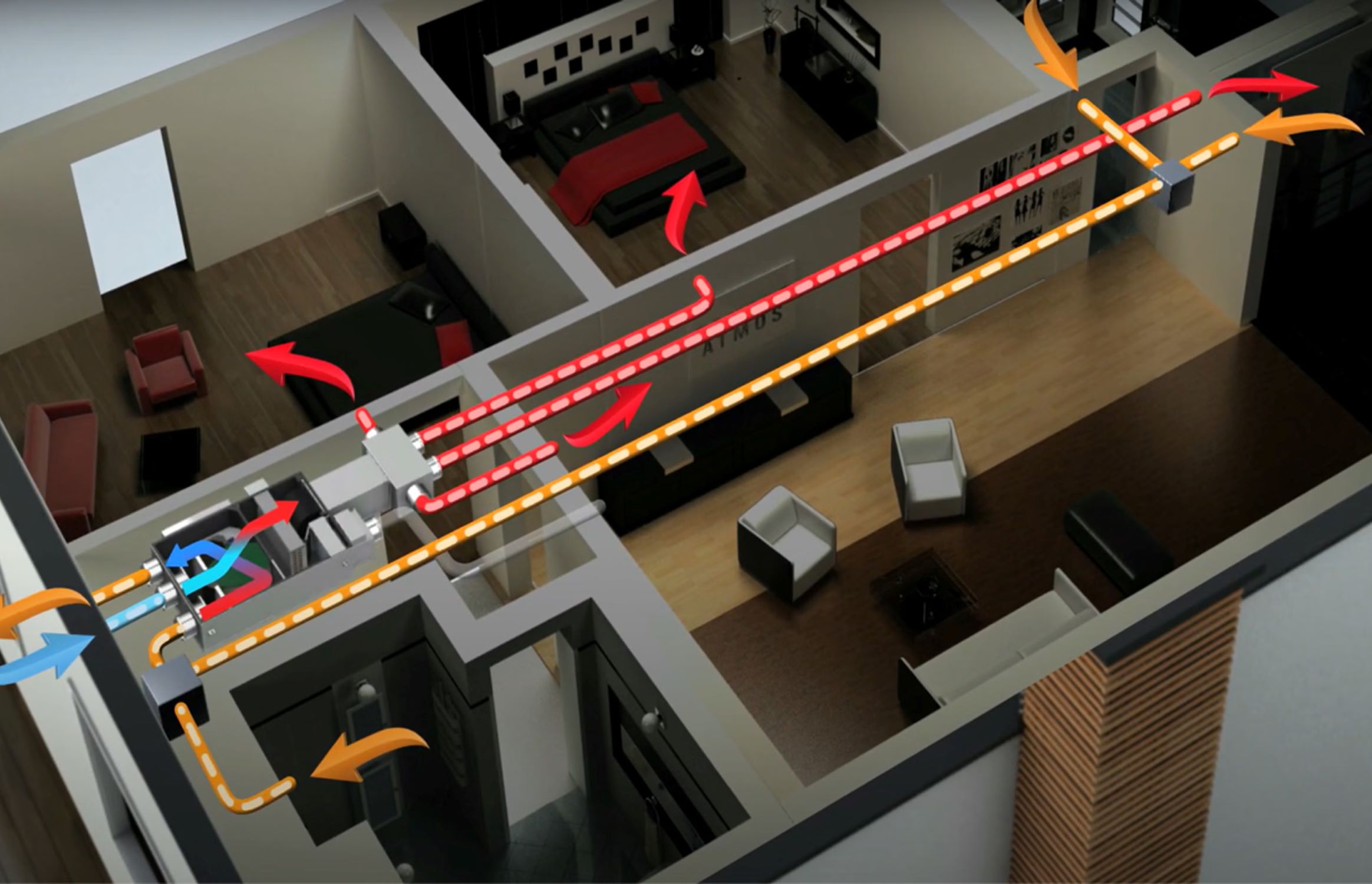
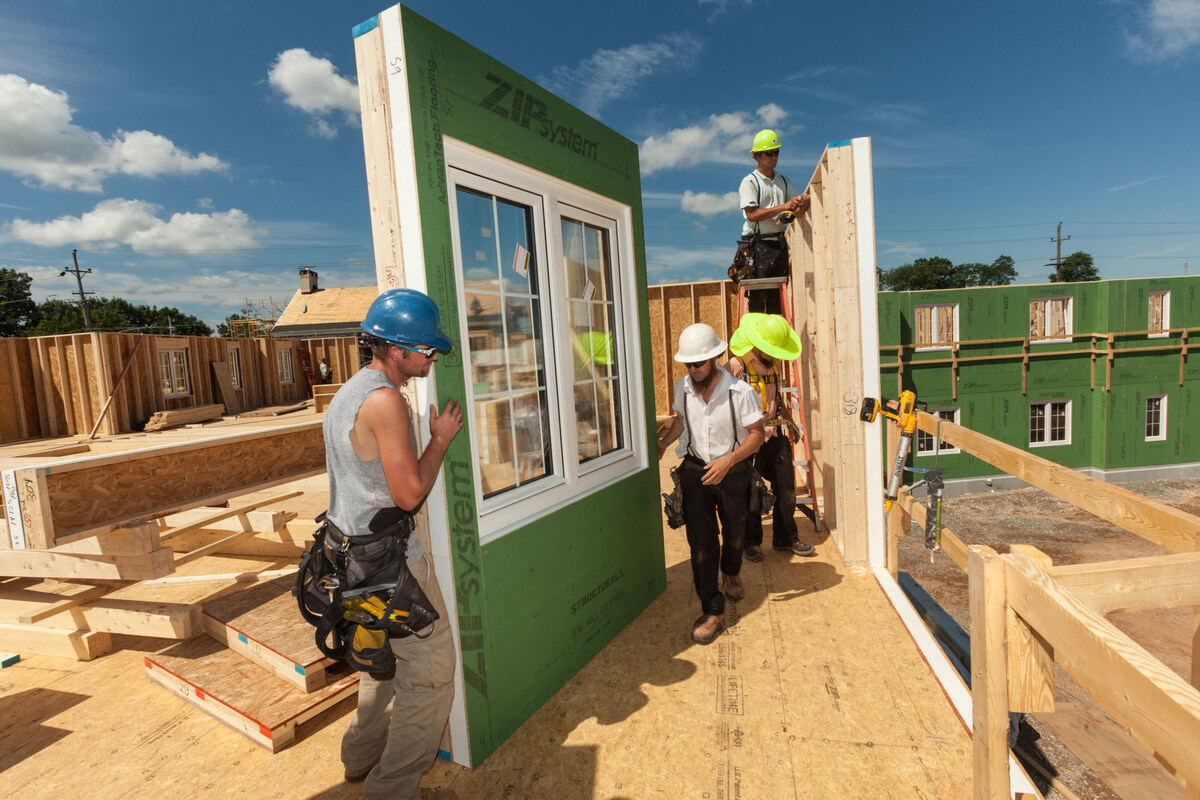

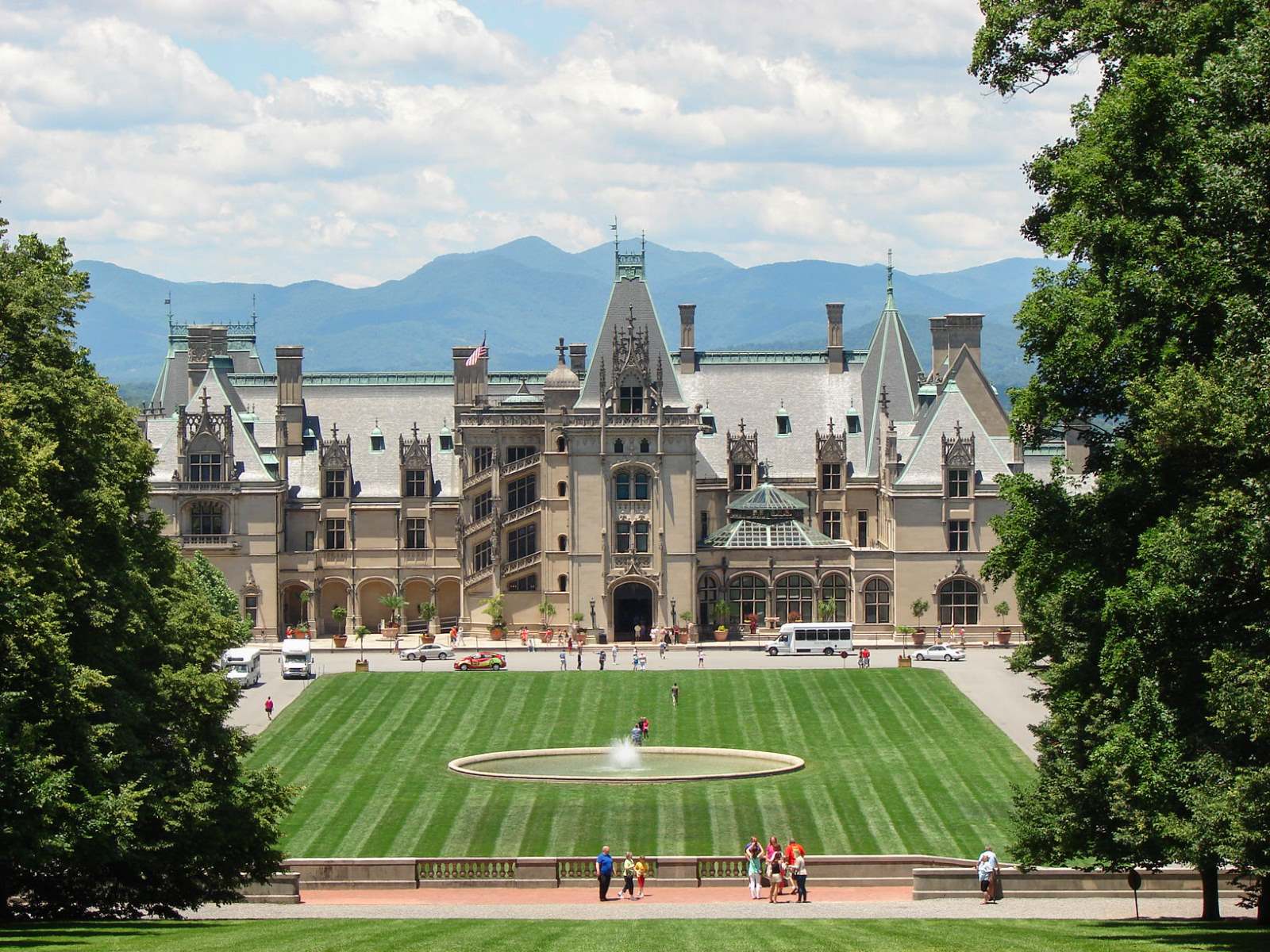
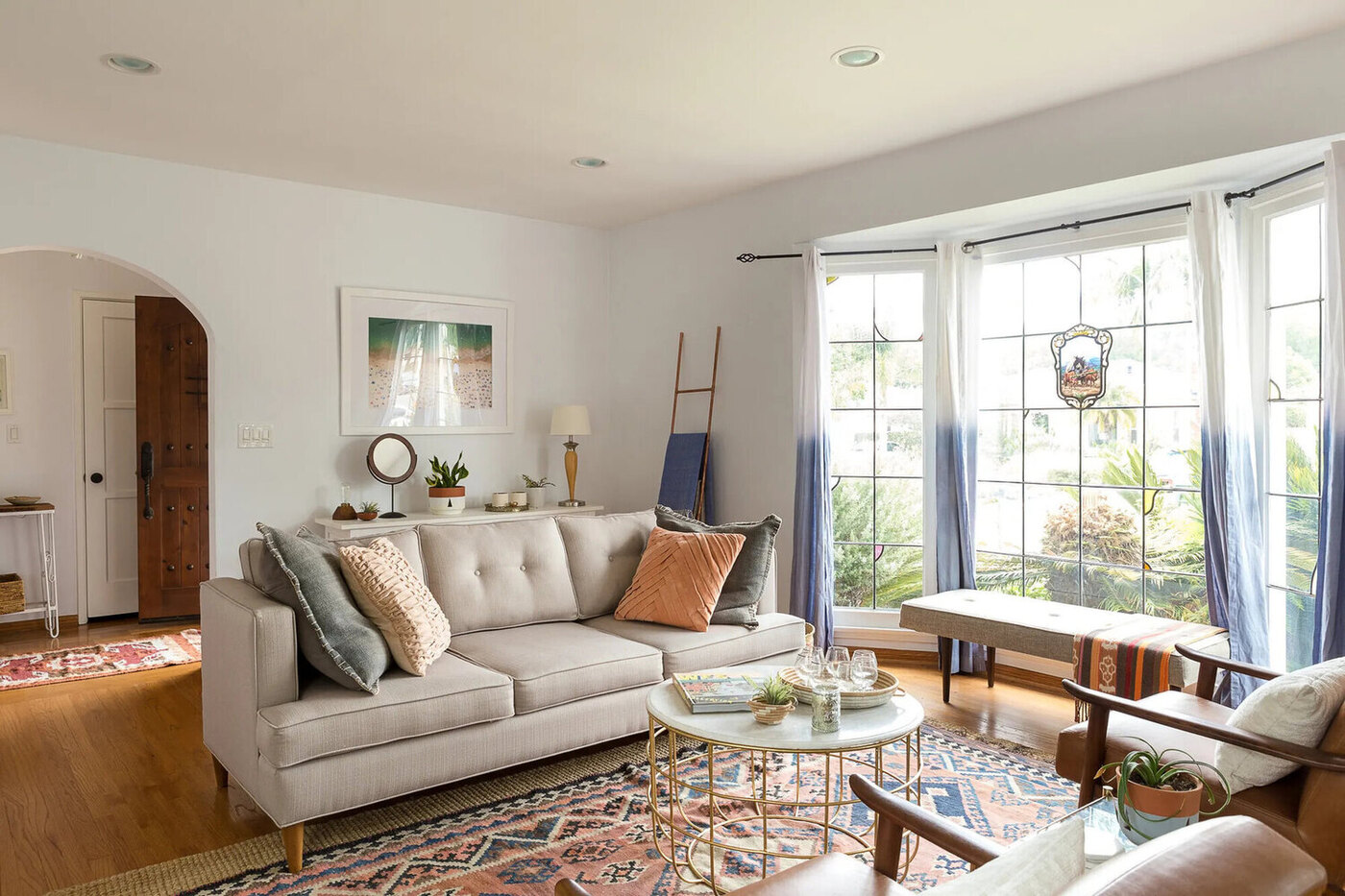
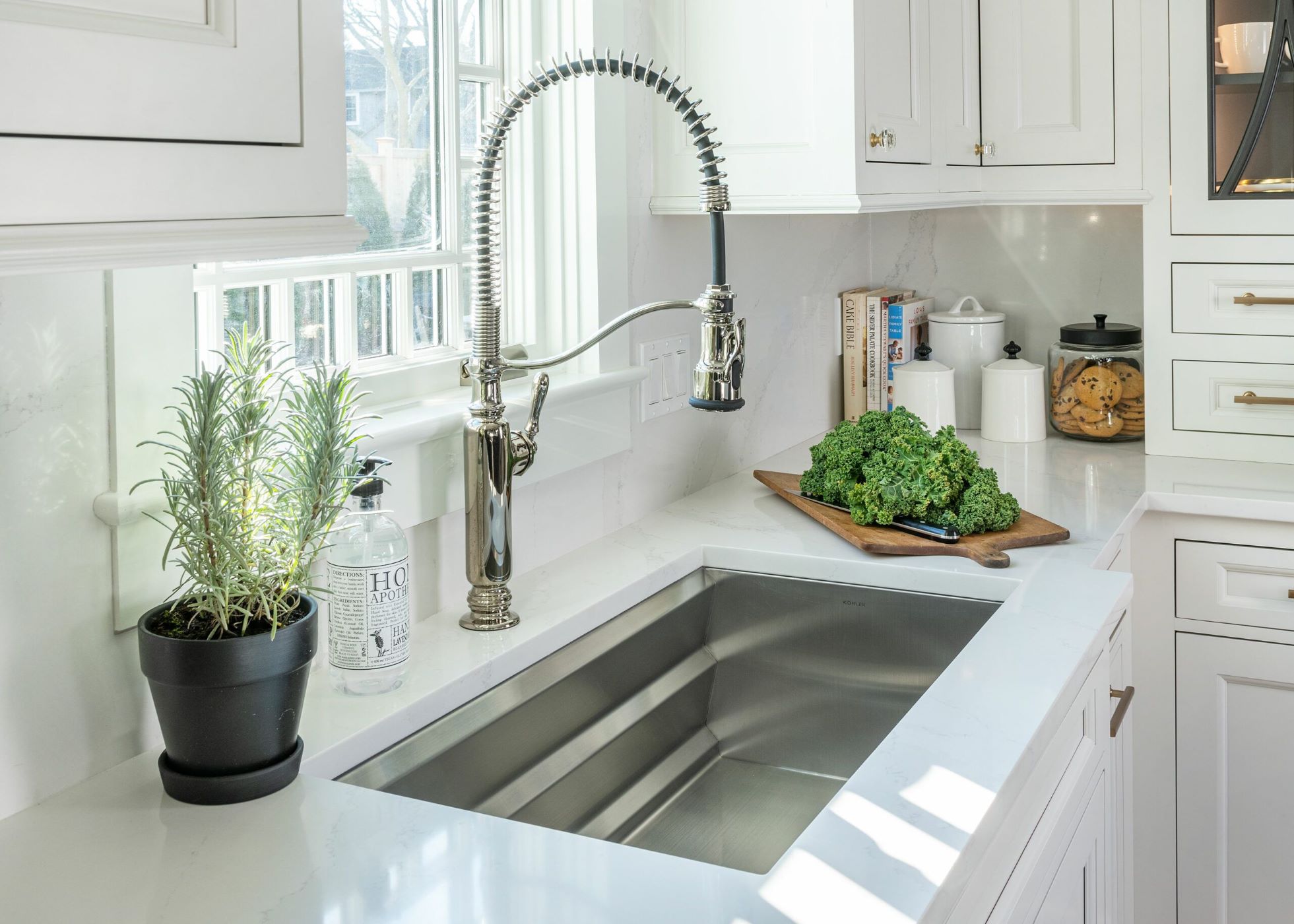

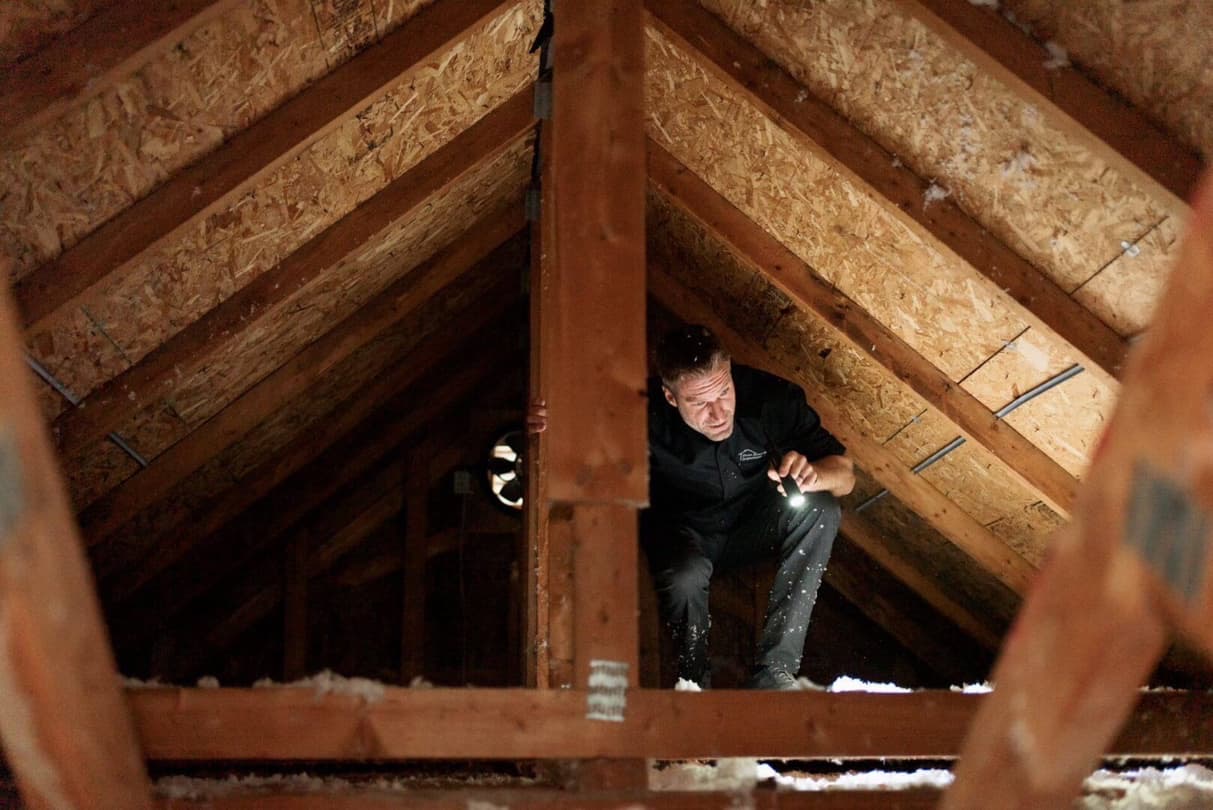







0 thoughts on “Who Can Design A House In Virginia”